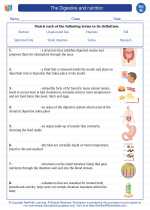Cause in Science
In science, the concept of cause refers to the relationship between an event (the cause) and the resulting outcome (the effect). Understanding the cause-and-effect relationships is fundamental to scientific inquiry and the study of natural phenomena. Identifying and understanding the causes of various phenomena allows scientists to make predictions, formulate hypotheses, and develop theories to explain the workings of the natural world.
Types of Causes
There are different types of causes in science, including:
- Proximate Cause: This refers to the immediate reason or mechanism that directly produces an effect. For example, the proximate cause of a plant wilting may be a lack of water.
- Ultimate Cause: This refers to the underlying or ultimate reason for an effect, often related to evolutionary or historical factors. For instance, the ultimate cause of a plant wilting may be the need to conserve water during periods of drought as an adaptive mechanism.
Studying Causes in Science
When studying causes in science, it's important to consider the following aspects:
- Observation: Begin by making detailed observations of the phenomenon or event in question.
- Hypothesis Formation: Based on observations, form a hypothesis regarding the potential cause-and-effect relationship. This involves proposing a testable explanation for the observed phenomenon.
- Experimental Design: Develop an experimental or investigative approach to test the hypothesis and determine the cause of the phenomenon.
- Data Collection and Analysis: Conduct the experiment, collect data, and analyze the results to determine if the proposed cause is responsible for the observed effect.
- Conclusion: Based on the experimental findings, draw conclusions about the cause-and-effect relationship. If the hypothesis is supported by the data, it can contribute to scientific understanding.
Examples of Cause-and-Effect Relationships
There are numerous examples of cause-and-effect relationships in science, such as:
- The cause of the tides is the gravitational pull of the moon and the sun, which results in the rising and falling of ocean water levels.
- The cause of a chemical reaction may be the collision of molecules at a specific energy level, leading to the formation of new substances.
- The cause of a disease outbreak could be the presence of a pathogen in a population, resulting in illness and symptoms.
Further Exploration
To deepen your understanding of cause-and-effect relationships in science, consider exploring topics such as:
- Causation in physics, chemistry, biology, and environmental science
- The role of causality in the development of scientific theories and models
- The use of controlled experiments to establish cause-and-effect relationships
[Cause] Related Worksheets and Study Guides:
.◂Science Worksheets and Study Guides Eighth Grade. The Digestive System & Nutrition

 Worksheet/Answer key
Worksheet/Answer key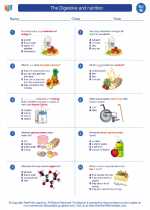
 Worksheet/Answer key
Worksheet/Answer key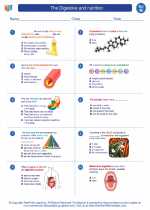
 Worksheet/Answer key
Worksheet/Answer key
 Vocabulary/Answer key
Vocabulary/Answer key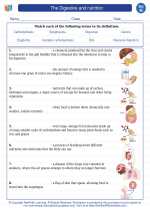
 Vocabulary/Answer key
Vocabulary/Answer key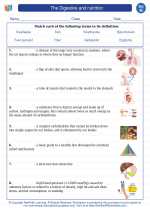
 Vocabulary/Answer key
Vocabulary/Answer key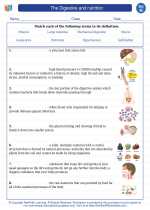
 Vocabulary/Answer key
Vocabulary/Answer key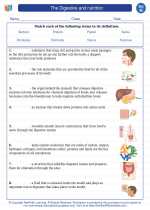
 Vocabulary/Answer key
Vocabulary/Answer key